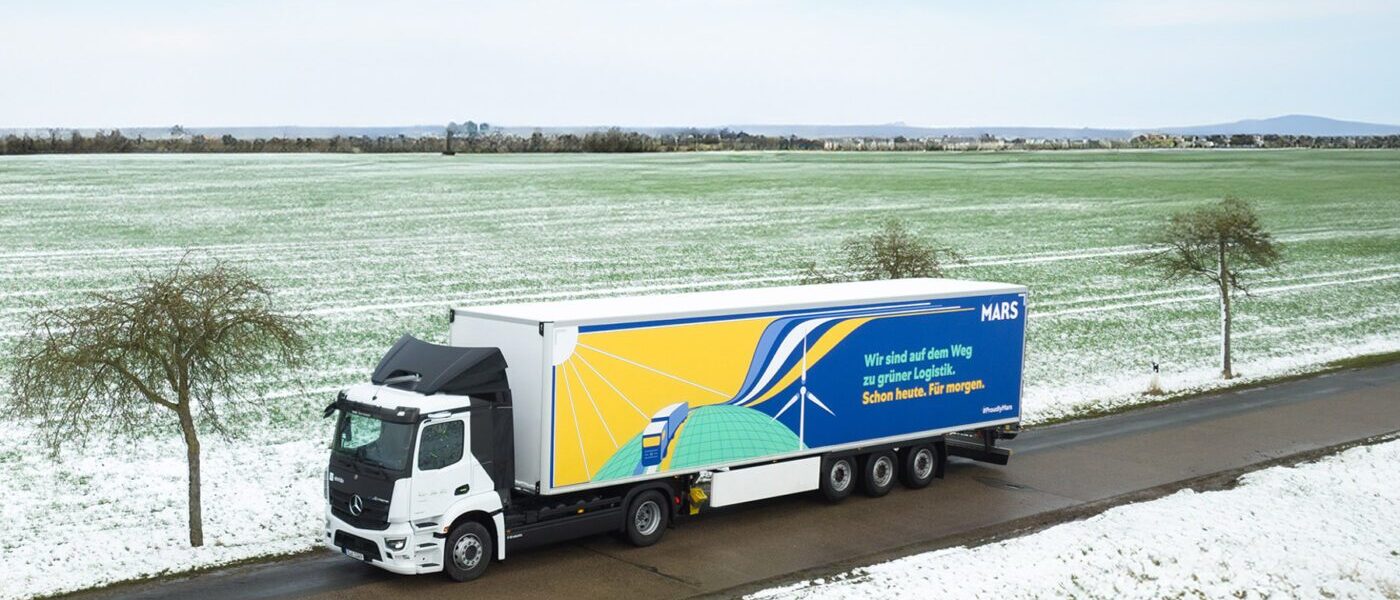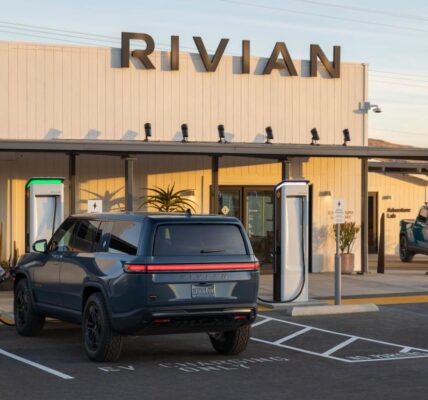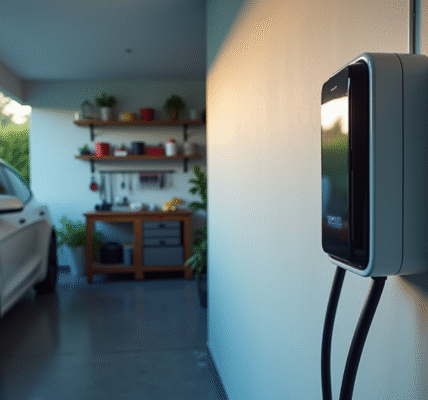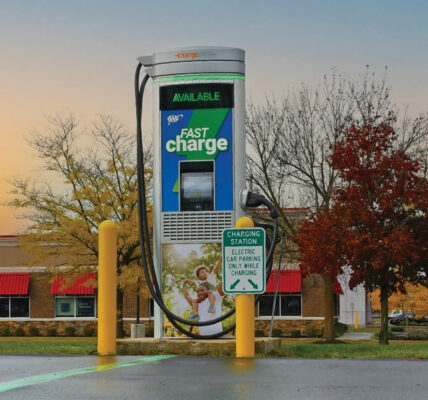Specifically, Mars has started electrifying its transport route between the Pet Nutrition factory and office location in Verden (Lower Saxony) and its logistics centre in Minden (North Rhine-Westphalia). Einride provided Mars with two Mercedes-Benz eActros 300s and two charging stations with four charging points operated by Einride’s Saga operating system.
Mars will invest a mid-six-figure euro amount in the installation, saving around 400 tonnes of CO2 equivalents annually. The route from Verden to Minden is perfect for the eActros 300. The version of the electric truck has three battery packs with 105 kWh each, totalling 315 kWh. According to Daimler Truck, it will be enough for a range of around 300 kilometres with an average load. The distance between Vreden and Minden is just 91 kilometres, so a tour covers about 180 kilometres. Both locations have charging points, so it is possible to recharge halfway through the tour if necessary. From October 2024, Mars will switch to green electricity at both locations, significantly reducing CO2 emissions for the operation of the two vehicles across the entire energy chain.
The first two eActros 300s will soon be joined by further vehicles. Further routes in Germany, the UK and the Netherlands will be electrified this year. These fully electrified transport processes will be supplemented by another pilot project with autonomously powered vehicles, set to kick off in 2025. It is not clear from the press release whether this will purely involve the heavy-duty electric truck from Daimler Truck. It only mentions “300 electric and digitally optimised, heavy-duty trucks.” Marc could also use lighter vehicles or models from other manufacturers, depending on requirements. Einride sources its trucks from numerous manufacturers.
Einride distributes transported freight capacity
Einride offers freight capacity as a service (FaaS). That means the company does not sell vehicles but the freight capacity transported. To do this, the Swedes use “networked electric vehicles from leading OEMs,” autonomous vehicles and Einride Smartchargers, which are all managed using the company’s own Einride Sage operating system to optimise routes, charging plans and energy consumption using data-driven insights and real-time updates. It will ultimately reduce transport costs – and the environmental impact.
By switching to the 300 electric trucks, Mars expects to reduce CO2 emissions by 20,000 tonnes per year, corresponding to a reduction in greenhouse gas emissions from Mars Logistik in Europe of around ten per cent per year.
“Partnering with Einride to deploy 300 electric heavy-duty trucks across Europe is a great example of how we collaborate and leverage our scale to drive action and real change today – providing long-term value and impact while setting the stage for a brighter and more sustainable tomorrow,” says Barry Parkin, Chief Procurement and Sustainability Officer at Mars. “This partnership is our latest investment to achieve net zero globally by 2050, implementing the actions outlined in the Mars Net Zero Roadmap with a focus on improving and optimising logistics, redesigning networks, transforming the type of transport we rely on, and embracing the electrification of our truck fleets.”
Björn Schlenker, Mars Market Supply Chain Director in Germany, adds: “Transformation requires strategic partnerships such as our cooperation with Einride. We are driving forward the expansion of climate-friendly logistics and are closely involving Einride to electrify further routes, such as the route to our chocolate factory in Viersen. The Mars-Einride cooperation in Germany is a big step and the start of our large-scale plan over the next few years.”
“To build a resilient future, we have to take action in decarbonising transportation and enabling future-proof operations,” says Robert Falck, Einride CEO and Founder. “This partnership exemplifies Mars’ commitment to taking action, as we jointly deploy an intelligent freight system that will reduce emissions, increase efficiencies and showcase a commitment to sustainability at scale.”








